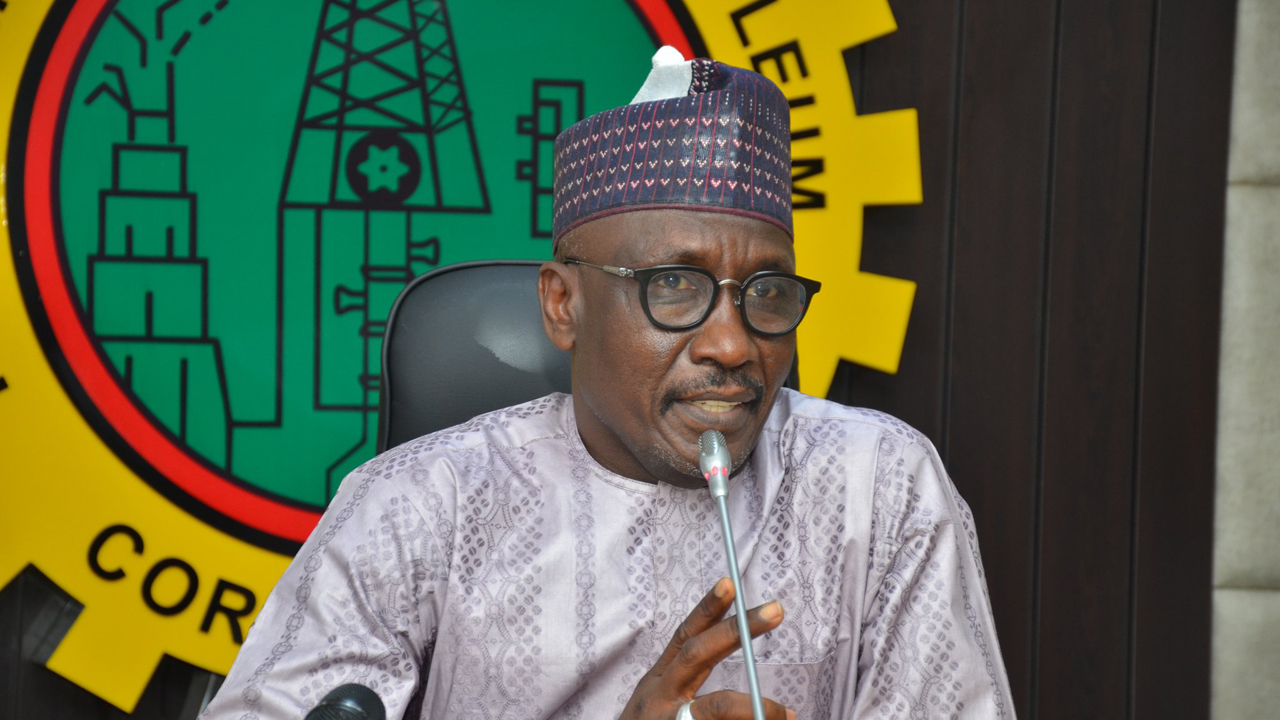
Aregbesola tasks engineers on creativity in power sector
Nigeria and other African countries must leverage technology and innovation to facilitate energy access and transition, said Group Managing Director/Chief Executive Officer of Nigerian National Petroleum Company Limited, Mele Kyari.
Kyari said this in a lecture, titled: ‘Energy transition and energy accessibility-The new paradigm’, which he delivered at the 30th convocation ceremony of the Federal University of Technology (FUT), Minna, Niger State.
He said the need to leverage technology and innovation had become compelling so as to support energy sufficiency, industrialisation, job creation and economic growth.
The NNPC GMD argued that while findings have shown that global transition to renewable energy will definitely continue to gain momentum, the pace may not be fast enough to offset the impacts of worldwide economic expansion and population growth.
Specifically, he said rising global population, especially in Asia and Africa where young people account for almost a half of the population, will significantly push energy demand upward where renewable energy sources cannot meet by 2050.
He explained that efforts to transit energy systems would involve changes, not only to energy technologies and prices, but also to the broader social-economic assemblages that are built around energy production and consumption.
As global energy consumption grows from the 2018 levels to about 50 per cent by 2050, the NNPC boss said it is apparent that oil and gas will continue to be a crucial component of the world’s future energy.
Kyari stated that as a national oil company, NNPC is determined to achieve carbon neutrality, using Nigeria’s abundant natural gas resources as a low carbon alternative that will help improve access to energy to power the Nigerian economy.
He told his audience that the company is currently building on the convergence of new technologies and innovative business models that would guarantee access to energy for the future.
“NNPC has set the necessary machineries to lead Africa in transition to low-carbon energy and renewables. We are deepening natural gas utilisation under the National Gas Expansion Programme.”
“NNPC is currently extending natural gas infrastructure backbone from Ajaokuta in Kogi State to Kano through Abuja and Kaduna under the AKK Gas Pipeline Project.
“This mega pipeline will be fed by both Escravos-Lagos Pipeline System (ELPS) and Obiafu-Obrikom-Oben (OB3) gas pipelines through Oben node in Edo State and deliver 2bscf of natural gas to power plants and industrial off-takers along Abuja, Kaduna and Kano,” he said.
In his address at the event, Vice Chancellor of FUT Minna, Prof. Abdullahi Bala, said the transition from fossil fuel to renewable has reinforced the need for Nigeria to start thinking of a future without oil.
He said before now, oil constituted a bulk of the country’s Gross Domestic Product but added that the narrative is beginning to change as other developed countries adapt to climate change.
ALSO, Minister of Interior, Ogbeni Rauf Aregbesola, has charged engineers in the country to come up with creative ideas to provide energy and reduce cost of electricity and petroleum products in the country.
He gave this charge at the 29th Founders’ Day Celebration of the Ikeja, Lagos branch, of the Nigerian Society of Engineers (NSEs) and commissioning of the Engineering Resource Centre named in his honour.
The event was held at Ralph Alabi Engineering Centre, Ogba, Lagos, yesterday. He noted: “One other major national challenge is energy – for homes, vehicles and industrial uses. We have had enough talk on the energy deficits and challenges. Engineers should now take the lead. There should be new approaches to providing cheaper and affordable alternative sources of energy and conversion of our machines, vehicles and appliances to function with these innovations.
“I am, therefore, using this occasion to challenge our engineers to come up with very creative ideas to help the country reduce its cost of subsidising petroleum for Nigerians.”



